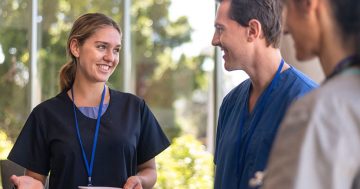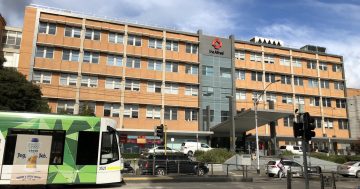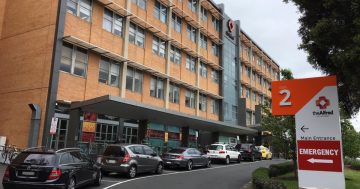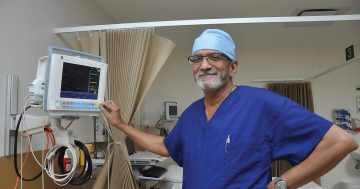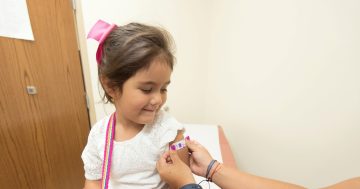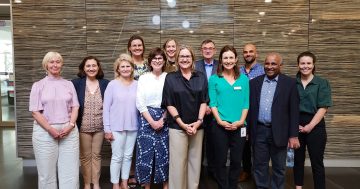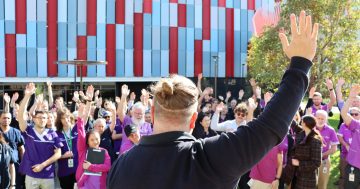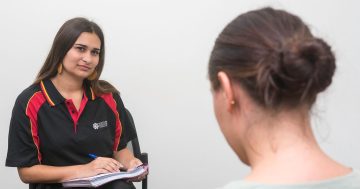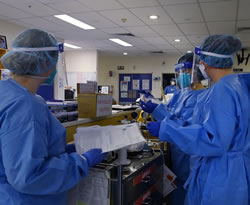 Australian healthcare workers planning to return home from overseas are to be offered employment in Victoria under a newly launched international recruitment campaign.
Australian healthcare workers planning to return home from overseas are to be offered employment in Victoria under a newly launched international recruitment campaign.
Announced by the Minister for Health, Martin Foley, up to 1,000 healthcare workers currently living overseas will be recruited to help ease the pressure on current staff in the State’s hospital system.
“Government will also establish a new allowance to better support nurses, paramedics and doctors working hard on the frontline to protect Victorians,” Mr Foley said.
“The new Hospital Surge Support Allowance will be paid to patient-facing healthcare workers, providing direct care in public hospital services and Ambulance Victoria, over the next four months,” he said.
“Commencing this week (12 October), the allowance will help ensure we have highly skilled staff in the public hospital roles critical to caring for COVID patients, staffing our Emergency Departments, and delivering world class patient care within our health services.”
Mr Foley said workers in patient-facing healthcare roles would be eligible for up to $60 per shift.
The Minister said $2.5 million had been allocated to the healthcare worker recruitment program to help fund workers’ relocation and provide support so they could get to work in Victoria as soon as possible.
“The group will include both returning Australian healthcare workers and international recruits,” he said.
“These professionals will be nurses, doctors, midwives and allied health professionals, recruited on the basis of service and system needs.”
Mr Foley said all recruited healthcare workers would have an occupation identified on the Priority Migration Skilled Occupation List and would need to have an existing employment contract with a Victorian health service, an active professional registration and be ready to travel.
“Priority for relocation assistance will be given to the first 1,000 healthcare workers who arrive and commence employment with a Victorian health service, noting the need to support our system as soon as possible,” Mr Foley said.



